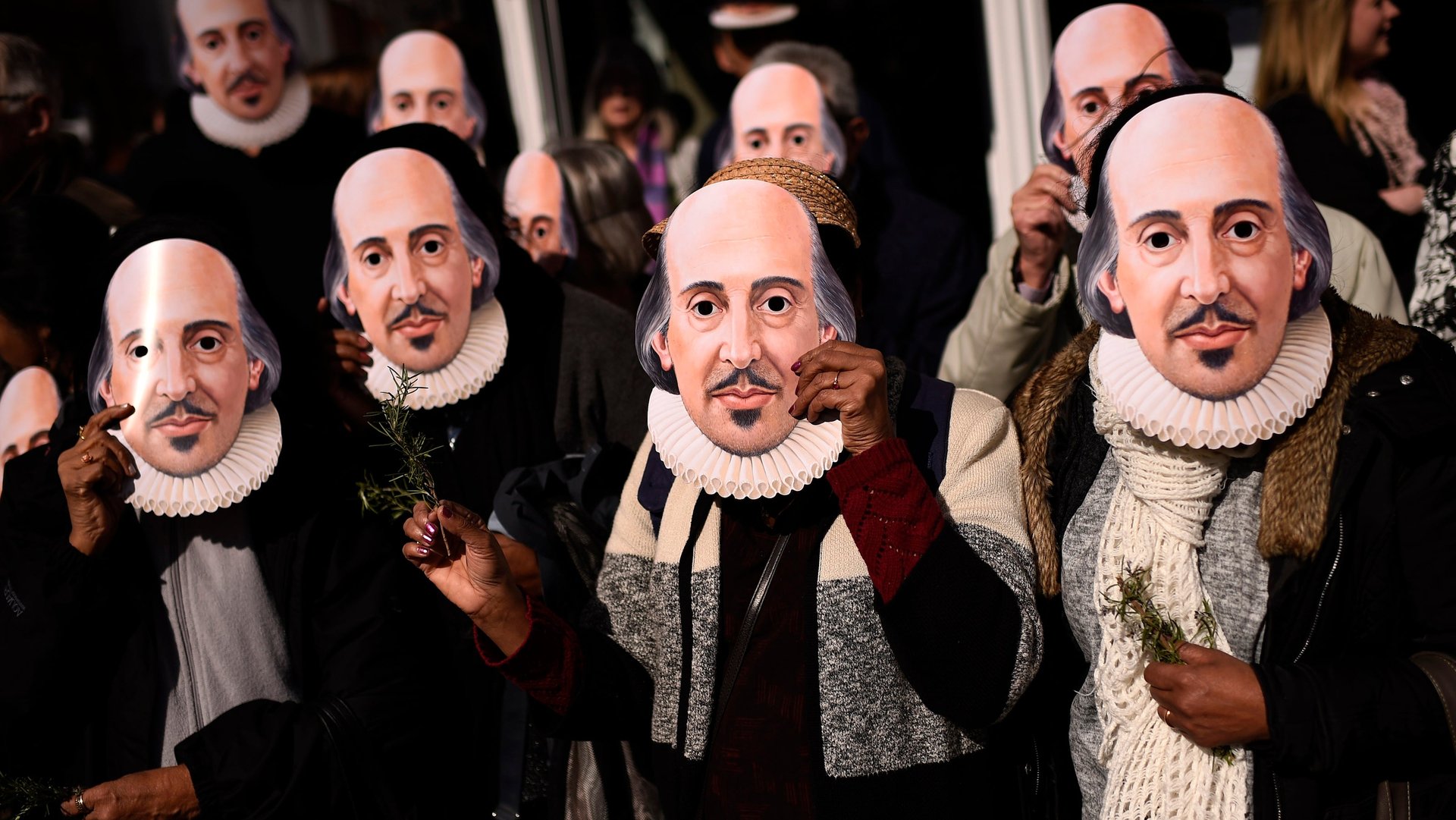Students are angry that Yale requires reading only white, male poets
“Poetry is the spontaneous overflow of powerful feelings,” William Wordsworth once said. There’s no shortage of such feelings at Yale University right now—where undergraduates are questioning the necessity of keeping Wordsworth himself on a mandatory reading list.


“Poetry is the spontaneous overflow of powerful feelings,” William Wordsworth once said. There’s no shortage of such feelings at Yale University right now—where undergraduates are questioning the necessity of keeping Wordsworth himself on a mandatory reading list.
Students who major in English at Yale currently have to spend two semesters studying a syllabus of “major English poets,” comprising writers such as Shakespeare, Wordsworth, John Milton, Alexander Pope, T.S. Eliot, Edmund Spenser, Geoffrey Chaucer, and John Donne. The courses are mandatory (and the only mandatory ones, at that) for the major.
Their subjects are also entirely male and white. That last detail, given the flood of race-related tumult on Yale’s campus in the past year, is suddenly standing out to many. ”It’s time for the English major to decolonize—not diversify—its course offerings,” declares a petition that started circulating around campus last week.
So far, more than 150 have signed the call to reshape the two-course prerequisite. (Yale’s English department only has about 200 students.) A handful of professors in the English department, including the head of the undergraduate program Jill Richards, have also given nods of approval. Richards told the Yale Daily News she disapproves of the fact that the department’s only mandatory course sequence ”routinely covers the work of eight white, male poets.”
Meanwhile, others—faculty, former students, and voices outside the Yale community alike—are looking on in dismay, maintaining that the writers in the courses are essential to the literary canon and should be studied despite any discomfort they may cause. Yale has yet to give an official response.
But the debate around the mandatory classes only adds to the broader question plaguing old US institutions right now: where exactly to draw the line between respecting history and encouraging modern values like diversity and inclusion.